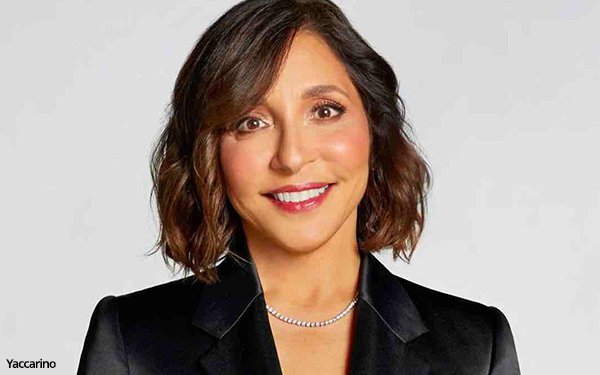
Linda Yaccarino, chief executive officer of X, recently took
time to point out that her boss Elon Musk’s interview of former President Donald Trump was a "seminal"
moment-- an effort to drive cultural conversation.
We wonder what her opinion would have been if a similar interview had been conducted 12 or so years ago -- if a top business executive at
NBC News, not a veteran reporter or editor, interviewed President Barack Obama or perhaps President George W. Bush.
Would that also have been a “seminal” moment? Would viewers have
been okay with this?
This comes as the social media company looks to combat what it says is antitrust behavior -- as well as an “illegal boycott” by some major advertisers.
In the interview with Axios, Yaccarino explained how X was uniquely positioned to drive cultural conversation, although she did not define what that meant.
advertisement
advertisement
This may not be exactly what all
news consumers or information seekers desire.
Sure, they also want freedom of speech. But consumers -- as well as some brands -- also seek facts and truths in content from time to time -- as
well as opinion. The latter is what good editors/reporters try to get at.
Perhaps certain less-than-obvious reportage content could be labeled “conversational” with a strong
hint that fact-checking or deep questioning may not be included. In any event, readers, potential social media users, and brands should have transparency.
And then there is all that
other stuff: Brands' prerogative to place or remove their messaging in the short- or long term, depending on their needs.
For years, TV networks had to take the hit when advertisers pulled
their commercials from TV shows because of controversial content. Good news: Many brands did return to those networks for other content on TV series, news shows, and other programming.
This is
not so easy in the X-based social-media world where billion of pieces of content -- good, bad, or inappropriate -- can exist.
Social media controls -- when it comes to identifying certain
questionable content, the things brands might want to avoid -- seem tougher to come by as well as to verify, according to some advertisers.
Yaccarino also told Axios: “The consequential
nature of this indispensable platform cannot be disputed, and we urge people to make decisions on business data and facts and not any type of bias whatsoever.”
But if their data suggests
controversial content -- even stuff merely associated with some brands leading to long-term consumer avoidance issues -- for whatever reason, then by all means they should decline running a media
schedule.
Some major advertisers are reportedly saying they can get a greater return from spending on less controversial platforms. That is their choice.
They have avoided
controversial content on TV networks, and they can do the same on social media.
Was there ever a case of brands pulling commercials because of controversial/inappropriate/or false
content on any NBCU TV series while Yaccarino was in charge there as the head of advertising sales?
We guess so. Perhaps even for one prime-time TV series featuring one former President.